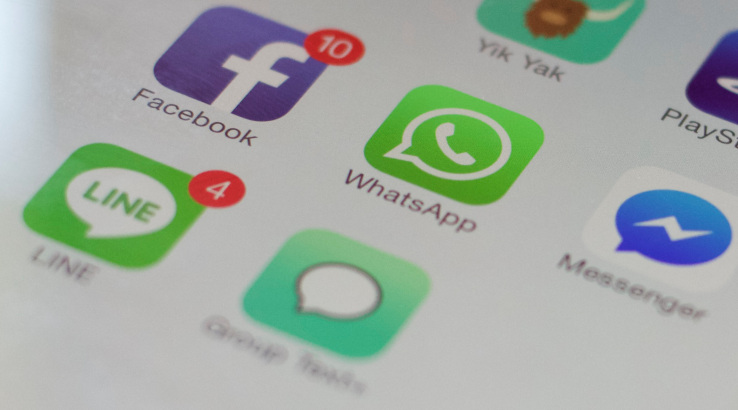The FBI took on Apple and lost, but it’s still looking for ways to persuade tech companies to give it back doors to encrypted devices. However, the extra attention the encryption debate received in the past few weeks won’t work in the FBI’s favor. The most recent service to announce end-to-end encryption is WhatsApp, Facebook’s most popular messaging app.
DON’T MISS: There’s an addictive new YouTube channel dedicated solely to melting stuff
WhatsApp has more than a billion users who can chat across platforms – the app works on iPhone, Android, and over desktop web browsers. In fact, WhatsApp is even more popular than Facebook’s own Messenger application.
According to Wired, WhatsApp co-founders Brian Acton and Jan Koum partnered with a “high-minded coder and cryptographer who goes by the pseudonym Moxie Marlinspike” to add end-to-end encryption to every form of communication that’s available inside WhatsApp, including chat, voice, and file transfers.
With end-to-end encryption in place, not even WhatsApp employees can access the contents of a message or a voice call, which is essentially how FaceTime and iMessage also operate on iPhone, iPad and Mac.
In other words, even the FBI succeeds in forcing Apple to add a backdoor to iOS, services like WhatsApp will still be able to provide an extra layer of protection to communications.
“Building secure products actually makes for a safer world, (though) many people in law enforcement may not agree with that,” Acton said, explaining that with encryption enabled, you can conduct business and talk to a doctor without worrying about eavesdroppers. Furthermore, encryption also lets you be a whistleblower and to worry about your security.
In case you’re already using WhatsApp on your smartphone or computer, you only need to make sure you’re running the latest version of the app to take advantage of end-to-end encryption.
Meanwhile, a more detailed look at WhatsApp, its leaders and history is available over at Wired.








